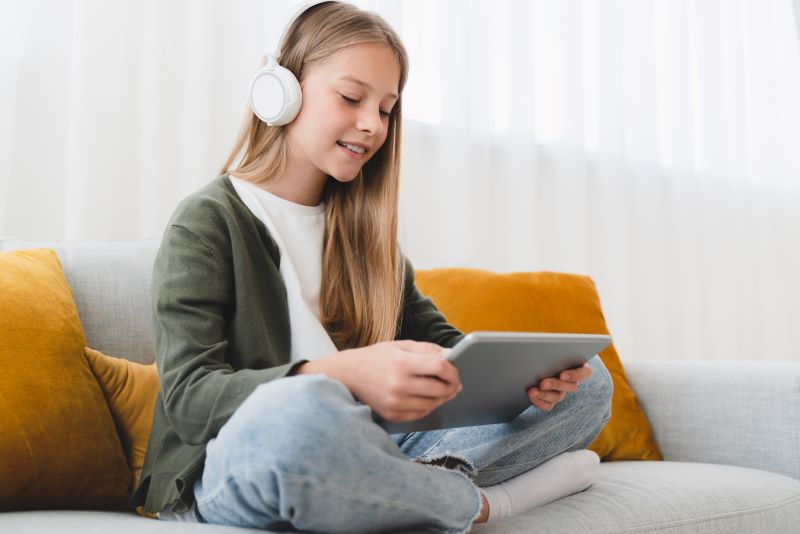Disconnected – Protecting Kids From Their Devices is in Your Hands
If you had the power to protect your children from depression and anxiety, would you? Even though any parent would answer “yes” to that question, a valuable weapon in their arsenal often goes unused: the word “no.”
Psychotherapist and author Thomas Kersting makes the case for prohibiting or limiting children’s screentime in “Disconnected,” which lays out the harmful effects of device dependency as well as the importance of protecting children from their devices.
Throughout your 30-year career and in your research for “Disconnected,” what did you learn about the effects of screens on our children?
Thomas Kersting: It impacts every element of the child – mental health, physical health, emotional health, social skills, relationships and families.
What is the link between screen time and anxiety?
Thomas Kersting: Tremendous amounts of negative input from never-ending content leaves an imprint on their brains. Plus, pre-adolescence and adolescence is a developmental stage filled with insecurity and anxiety by nature. Pile-on all the time that screens steal from them along with comparison culture, lack of sleep and more, and you’ve got the perfect recipe for anxiety.
How can too much time on electronic devices lead to problems at school or with friends?
Thomas Kersting: Because kids spend around nine hours per day on screens, it takes away the time that is needed for schoolwork. Plus, the stimulation from these screens affects concentration and focus. Add sleep deprivation on top of this. I call social media, “anti-social” media. One cannot develop deep relationships with others when we are constantly hypnotized by a screen.
What can we do as parents given that so much schoolwork and homework now happen on devices?
Thomas Kersting: Parents should gather together and pressure schools to bring back more paper and pencil learning and assignments.
What do you say to the parent who worries that not allowing their children to have a phone or social media may hurt them socially?
Thomas Kersting: Parents need to hang on as long as possible and delay getting their kids phones until late adolescence. Yes, your child will complain but in the long run you will be happy you delayed. I’ve never had a single parent come up to me after a lecture and tell me that the best thing they ever did was get their child a smartphone. However, I’ve had countless parents come up to me and tell me that their biggest regret was getting their child one.
How are kids getting away with more screen time than we parents are aware of?
Thomas Kersting: The majority of middle schoolers and high schoolers are allowed to have the phone in their bedroom at night. A few years ago, I did a survey with 100 high school students that I knew well and were honest with me. I asked them the following question: “What time do you go to school on school nights?” Ninety-two of them responded that they went to bed between 1 and 4 a.m. every night and that their parents had no idea.
How do we strike the right balance between allowing our children to use devices in an appropriate way and overusing them?
Thomas Kersting: The truth is that kids are incapable of being responsible and balanced with the devices. They are designed to be addictive and, because kids’ pre-frontal part of the brain isn’t fully developed, they literally cannot be balanced and responsible with them. That part is up to we the parents.
Originally published in December 2023 of Tampa Bay Parenting Magazine


